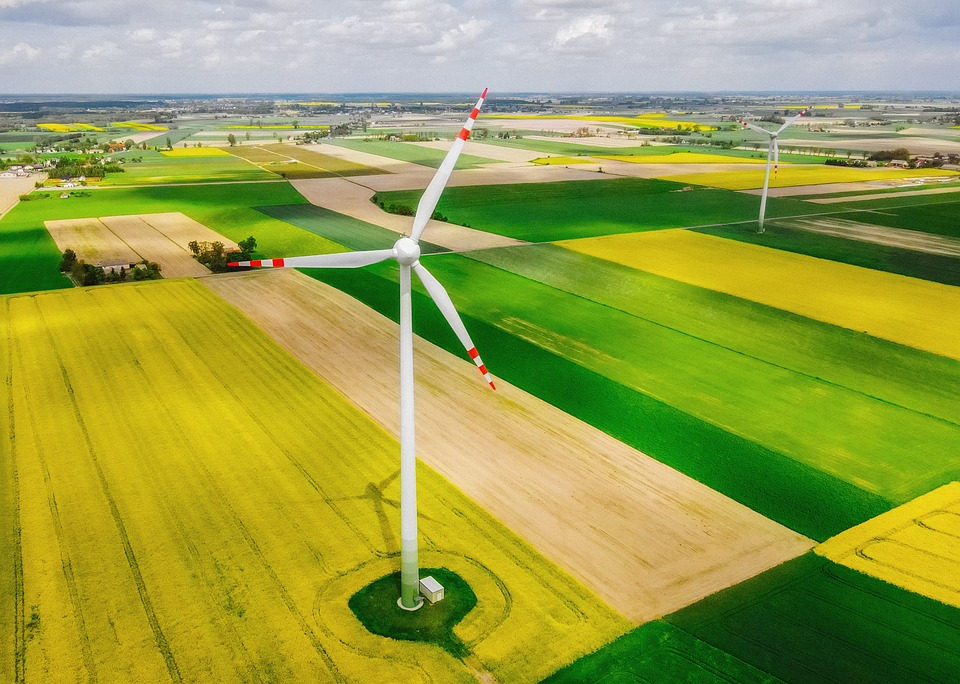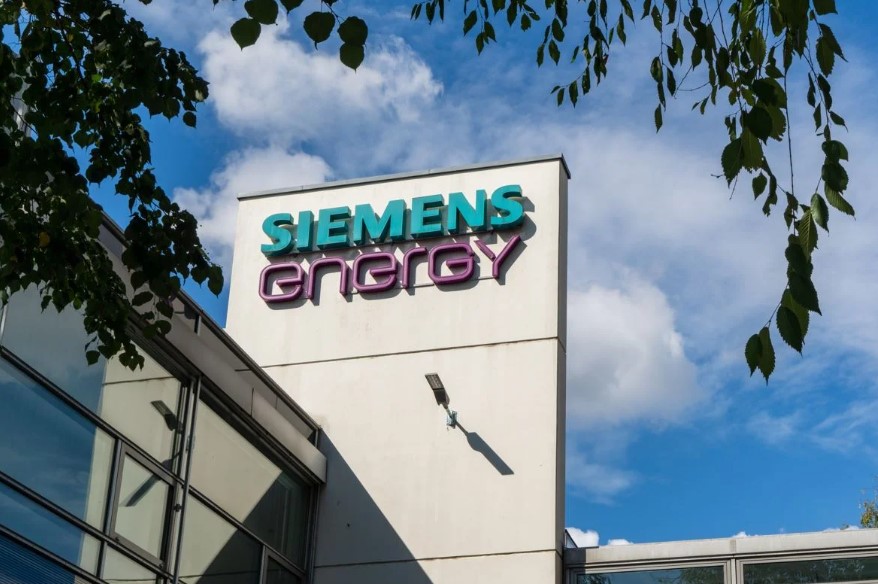Renewable energy companies are facing significant challenges this earnings season, with supply chain issues, manufacturing defects, and rising production costs severely impacting their profitability.
As the world accelerates its shift to cleaner energy, the demand for equipment is outstripping supply, leading to increased production costs and raising concerns about the financial viability of large-scale projects.
A major example is Siemens Gamesa, a subsidiary of Siemens Energy, which has encountered manufacturing faults while ramping up turbine production.
This led Siemens Energy to retract its profit forecast and seek up to €15 billion ($16 billion) in guarantees from the German government. Reports indicate that the government will provide €7.5 billion in counter-guarantees, while banks will contribute €12 billion to protect Siemens Energy’s order book.

Specialist wind energy firms are also struggling, often outbid by traditional oil and gas companies for seabed licenses. Even when they secure contracts, low electricity prices often make projects economically unfeasible, prompting calls for increased subsidies from governments in Europe and the U.S. Consequently, wind energy stocks have plummeted this year.
According to Allianz Research, the top eight global renewable energy firms saw a combined $3 billion decrease in assets in the first half of the year, with wind projects particularly affected.
The firm described this period as a “learning moment” for the industry, citing rising construction costs, quality control issues, and supply chain disruptions as major concerns. Inflation and energy price fluctuations have further complicated the financial outlook for many projects.
Danish company Ørsted recently canceled two U.S. offshore projects, resulting in $5.6 billion in impairments. In contrast, Vestas posted a positive third-quarter EBIT but cautioned about external factors affecting its near-term prospects.
Experts like Jacob Pedersen from Sydbank emphasize the need for both companies and policymakers to reassess their strategies. The recent European Commission Wind Power Action Plan is a step towards addressing these issues, but achieving the desired outcomes will require substantial time and investment.

